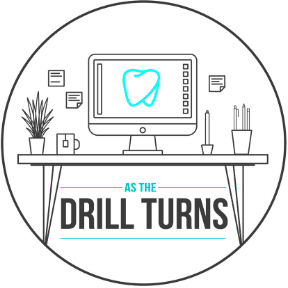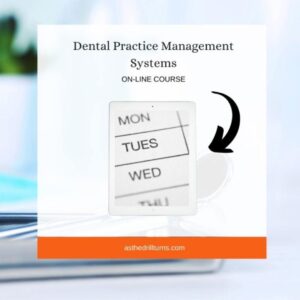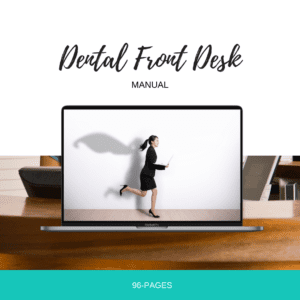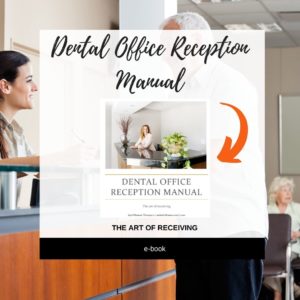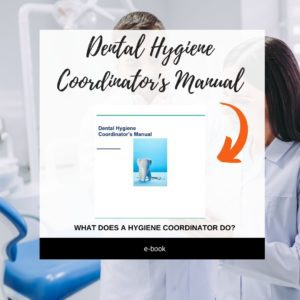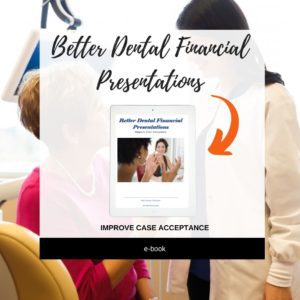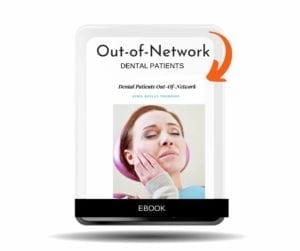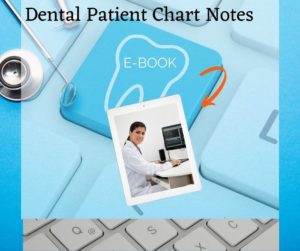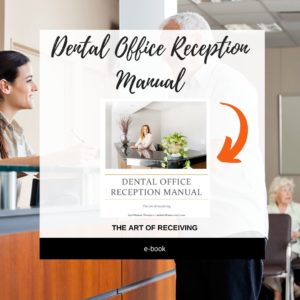Dental Patient Insurance Questions Asked
Dental patient insurance questions can be tough to answer. Especially if we are unprepared for the task. So, let’s prepare now! There are some questions that are most common. And those are the questions we want to be prepared to answer. As always, remember to keep our tone in check. I talk about this in my Better Dental Financial Presentations e-book. Although our words are important, our body language and tone are even more so!
Many patient questions come through our office phones. So we can prepare ahead of time. Scripts are so helpful. Especially in these situations. Where the same questions come up. Let’s dive into the most common insurance questions dental patients ask. And see if we can put together some great answers for them. Here is a list of the questions I often hear. And I bet you might too!
Most Common Dental Insurance Questions
- Why doesn’t my insurance cover everything?
- What good is my insurance if it doesn’t cover everything?
- If I have 100% coverage, why do I have a balance?
- Is the dentist charging me more than allowed?
- Where do allowed amounts come from?
- Why did my insurance downgrade? Could we have done this for less?
- Can the dentist sign up to participate in my network? I don’t want to change dentists!
- What can I do to get my insurance to cover this?
Automate Dental Benefit Verification
Dental Patient Insurance Questions Answered
First things first I always say! We definitely need a solid handle on dental insurance in general. So if you need help, let’s do this first. Be sure to review my Dental Insurance Training Video. This video is part of my Dental Collections Training Bundle. But will definitely help you and your team better understand the fundamentals of dental insurance first.
We build our patients’ confidence in us when we are confident. And our dental patients can tell when we know what we are talking about. And they also know when we don’t. Any doubt or confusion we have only adds to the problem. So, let’s be sure we are on solid ground ourselves first. And when we are unsure of something, say so. Maybe say “let me look into this for you”. “I would love to check on this and call you back? When is a good time for me to reach you?”
Here Are The Scripts!
- Dental insurance is designed “to help cover costs”. And most dental insurance plans are purchased based on a premium rate and what is affordable. There are no plans that cover everything.
- It’s a great idea to track out-of-pocket dental expenses and premium costs each year. Are you saving money or receiving benefits from your insurance plan that are helpful? If not, maybe consider a change.
- Even when an insurance company covers “100%” of a procedure, there are often limitations listed as well.
- An insurance company writes their policy and coverage amounts based on their profitability. This does not mean a dentist is over charging. It just means the insurance company has decided what they will pay and their rates for procedures is often low.
- “Allowed” amounts are not what they seem. This is based more on the cost of the insurance premium than procedures. In order to keep premiums down, “allowed” amounts must be reduced as well.
- Dental insurance companies work to save money to keep premiums down and profit up. Downgrades allow insurance to do this but do not reflect necessary treatment.
- We do not want you to change dentists either! Your dental health is our focus. We are happy to submit claims to your carrier as an out-of-network provider.
- Non-covered services are generally not covered. However, you could certainly speak with your insurance carrier further about a patient appeals process or reconsideration. We are happy to provide you with clinical notes and x-rays as needed.
Dental Patient Insurance Questions Matter
Dental patients take their insurance benefits seriously. And because they do, we do as well. We can help our patients who have little understanding gain some knowledge. And we want to do this gently. The idea is to use this opportunity to build stronger patient relationships. And to help our patients receive the dental treatment they need. We want our patients to move beyond their insurance limitations. And to see it as a benefit to help. Not as a limitation of what they can get done.

